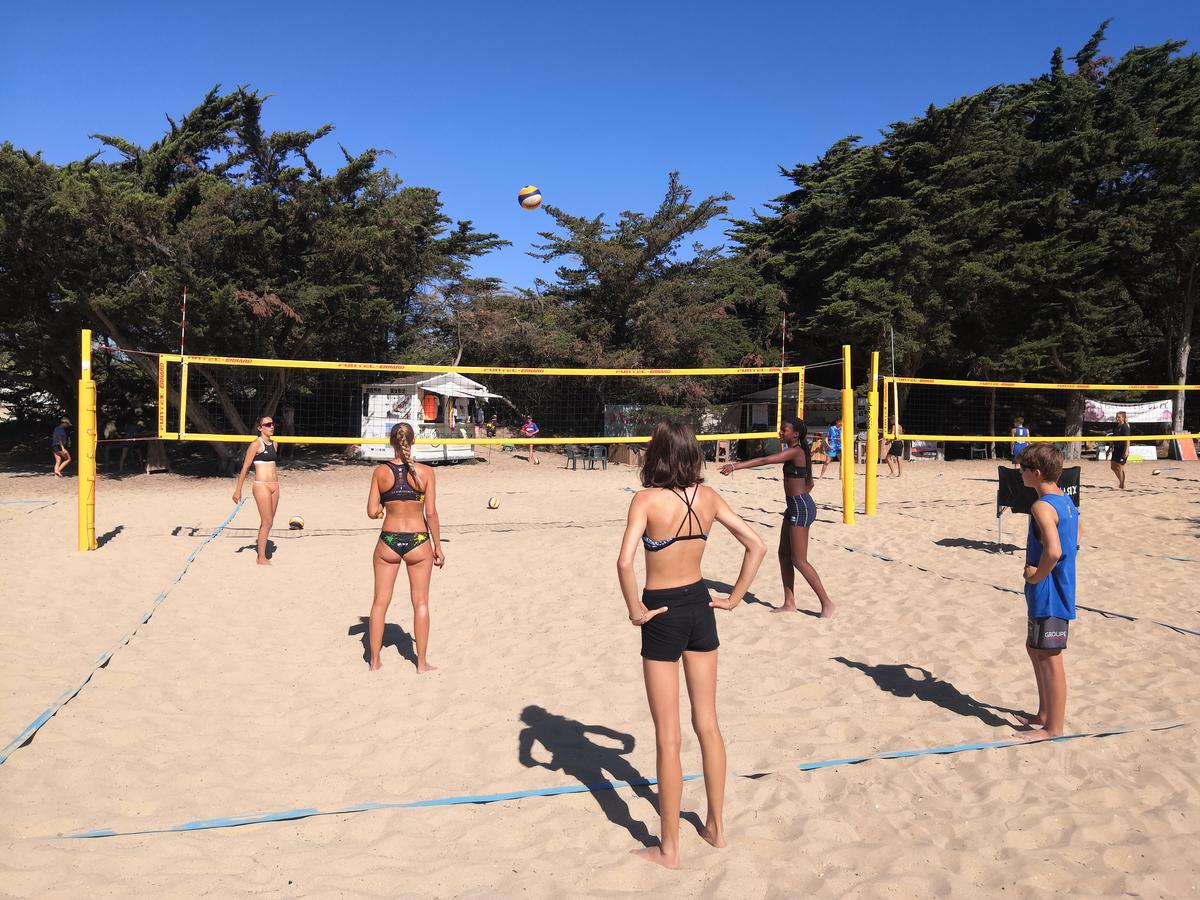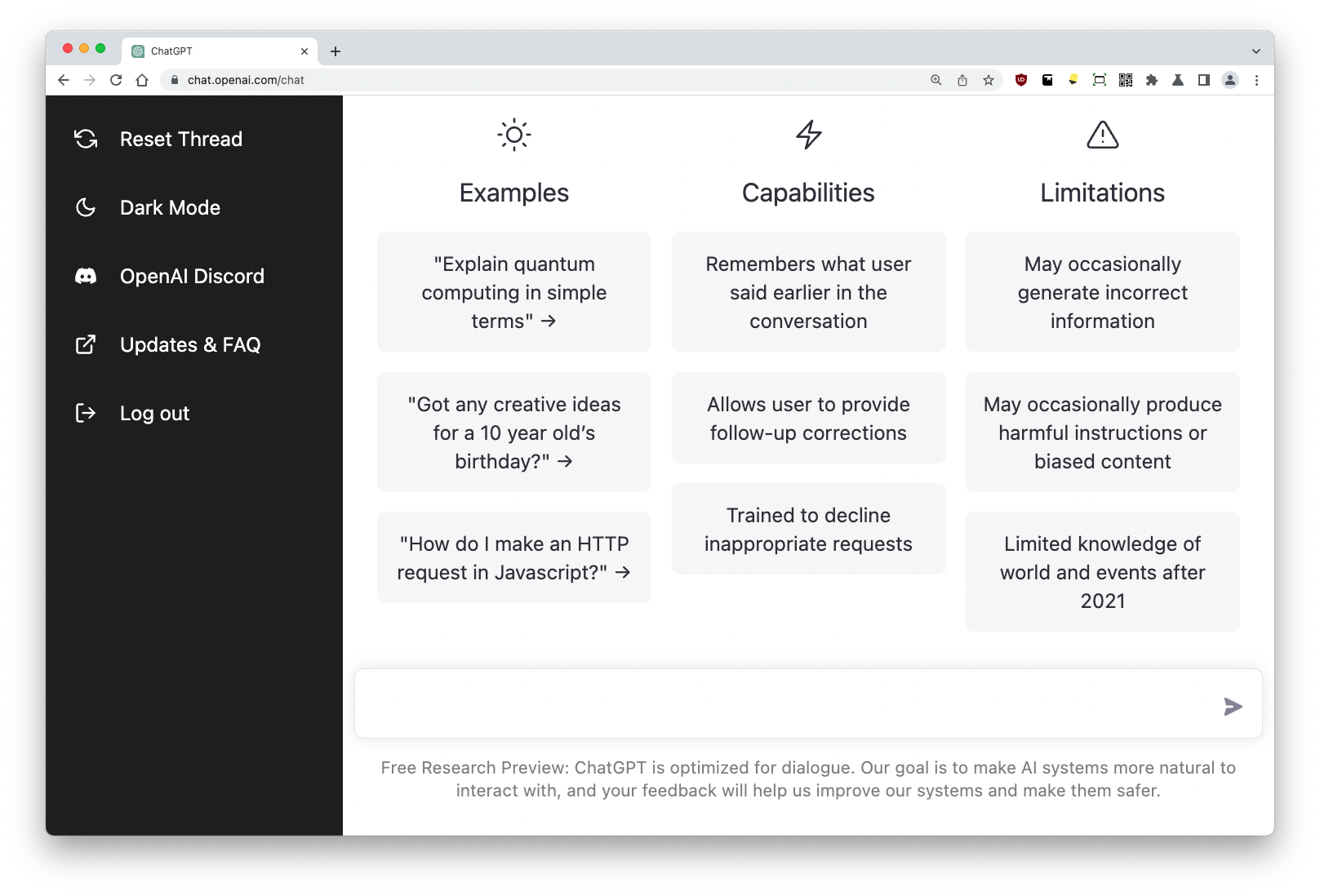France's Migration Debate Intensifies: Focus On Île De Ré Proposal

Table of Contents
The Île de Ré Proposal: A Detailed Overview
The Île de Ré proposal aims to relocate a specific number of migrants to the island as part of a wider strategy to manage asylum seekers and integrate them into French society. While the exact numbers fluctuate depending on the source, proposals range from several hundred to a few thousand individuals over a defined period. The plan's core tenets involve providing temporary accommodation and comprehensive support services.
- Specific number of migrants proposed for relocation: The official figure remains somewhat fluid, with government sources suggesting a range, influenced by capacity and resources available on the island. This lack of concrete numbers fuels much of the public debate.
- Types of housing being considered: The plan envisions a mix of temporary shelters and possibly the repurposing of existing buildings to create integration centers. Concerns have been raised regarding the availability of suitable housing and its impact on existing residents.
- Details about planned resources: The proposal includes provisions for French language classes, vocational job training programs tailored to local employment needs, and access to healthcare services. The effectiveness and sufficient scale of these services are subjects of ongoing discussion.
- Timeline for implementation: The proposed timeline is subject to various political and logistical hurdles, making a precise timeframe uncertain. Delays are anticipated due to necessary infrastructure improvements, securing funding, and addressing local community concerns.
Arguments For and Against the Île de Ré Plan
The Île de Ré migration plan has ignited a passionate debate, with strong arguments presented on both sides.
Supporters' Arguments:
Supporters emphasize the potential economic benefits, highlighting the possibility of filling labor shortages in sectors like tourism and agriculture. They also stress humanitarian considerations, arguing that providing refuge and support for vulnerable migrants aligns with France's international obligations. Successful integration, they believe, will benefit both the migrants and the Île de Ré community.
- Economic benefits: Addressing labor shortages and boosting the local economy through increased consumer spending.
- Humanitarian concerns: Providing safety and support for asylum seekers in need.
- Successful integration: Creating a model for successful migrant integration within a smaller, more manageable community. “This plan offers a chance to demonstrate the positive impact of well-managed integration,” argues Jean-Pierre Dubois, a local supporter of the project.
Opponents' Arguments:
Opponents express deep concerns about the strain on local infrastructure, particularly regarding housing, healthcare, and schools. They fear potential social tensions stemming from rapid demographic change and the impact on the island's unique character and tourism industry, a crucial part of the local economy. Protests and demonstrations have taken place, highlighting concerns about inadequate planning and a lack of community consultation.
- Strain on infrastructure: Concerns about overwhelmed local services and resources.
- Social tensions: Fears of increased social unrest and potential conflicts.
- Impact on tourism: Concerns about the impact on the island's tourism sector, its economic backbone.
- Inadequate planning: Accusations of insufficient planning and consultation with local residents. "The government hasn't listened to us," stated Marie Le Blanc, a local resident involved in protests against the plan.
Wider Implications for French Immigration Policy
The Île de Ré plan's success or failure will have far-reaching consequences for national immigration strategies. It could set a precedent for future relocation policies, influencing how France addresses the challenges of asylum seeker integration on a larger scale.
- Impact on future migration policy: The Île de Ré experiment could serve as a model (successful or unsuccessful) for future initiatives.
- Alignment with national and EU regulations: The plan must comply with French and European Union laws and regulations regarding asylum seekers and migrant rights.
- Potential legal challenges: The proposal faces potential legal challenges if it is deemed to violate existing laws or discriminate against specific groups.
The Role of Public Opinion and Media Coverage
Public opinion regarding the Île de Ré proposal is deeply divided, reflecting the broader national debate on immigration. Media coverage varies significantly, with some outlets emphasizing the humanitarian aspects and others highlighting concerns about potential negative impacts. Social media plays a significant role in shaping the narrative, often amplifying both positive and negative viewpoints.
- Public opinion polls: Polls reveal a significant divergence of opinions, with varying levels of support and opposition across different demographics.
- Media coverage: News outlets offer diverse perspectives, some focusing on the potential for successful integration, others emphasizing the risks and challenges.
- Social media influence: Social media platforms act as key disseminators of information, often amplifying polarized opinions and contributing to the debate's intensity.
Conclusion
The Île de Ré migration debate represents a microcosm of the larger, complex discussions surrounding immigration policy in France. The proposal's success—or failure—will have significant repercussions for how France approaches future migrant integration and the management of asylum seekers. Further analysis and transparent communication are crucial to addressing the concerns of all stakeholders involved. Understanding the nuances of the Île de Ré migration debate is essential for informed participation in this vital national discussion. We encourage further research and engagement with the Île de Ré migration debate to ensure a fair and just resolution.

Featured Posts
-
 Cancellation Of Park Music Festivals Impact Of Court Ruling
May 19, 2025
Cancellation Of Park Music Festivals Impact Of Court Ruling
May 19, 2025 -
 First Class Stamps Soaring To 1 70 What You Need To Know
May 19, 2025
First Class Stamps Soaring To 1 70 What You Need To Know
May 19, 2025 -
 Muere Manuel Orantes Leyenda Del Tenis Y Campeon Del Masters 1000 De Hamburgo
May 19, 2025
Muere Manuel Orantes Leyenda Del Tenis Y Campeon Del Masters 1000 De Hamburgo
May 19, 2025 -
 Bbc Radio 2 Voting Opens For Best Eurovision Song Of The 21st Century Uk
May 19, 2025
Bbc Radio 2 Voting Opens For Best Eurovision Song Of The 21st Century Uk
May 19, 2025 -
 Understanding Chat Gpts New Ai Coding Agent A Comprehensive Guide
May 19, 2025
Understanding Chat Gpts New Ai Coding Agent A Comprehensive Guide
May 19, 2025
